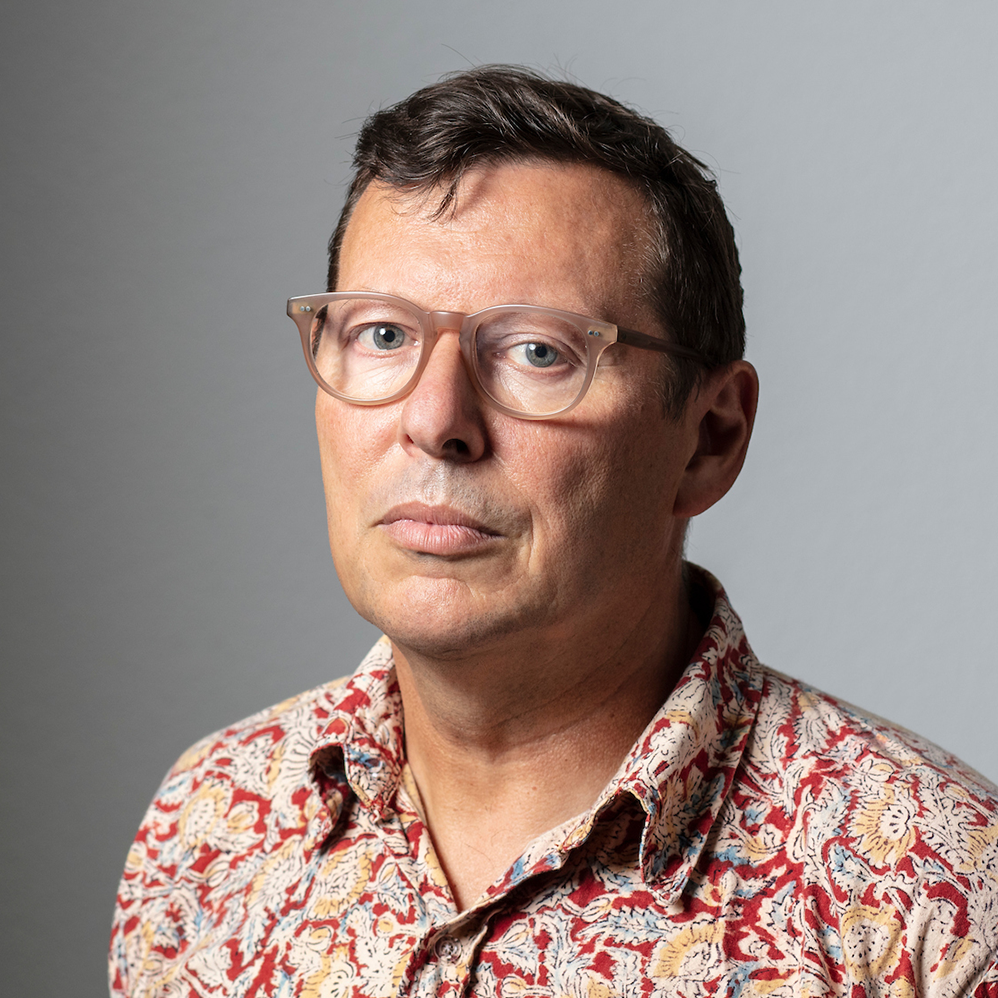Swiss coffee trader in Guatemala: corrupt or victim of corruption?

Swiss citizen Ulrich Gurtner is sitting in a Guatemalan prison, accused of money laundering and tax evasion. His activities on behalf of local small coffee farmers have long been a thorn in the side of the central American country’s authorities.
The 68-year-old has yet to face a formal trial even though the indictment started more than a year ago. Gurtner’s supporters say the allegations against him are fabricated and politically motivated.
+ Swiss coffee trader arrested in Guatemala
Who is really corrupt – Gurtner or the Guatemalan judicial system?
Who is Ulrich Gurtner?
The businessman from Winterthur has worked as a coffee trader in Guatemala for decades following stints as a footballer for his hometown club FC Winterthur and then as a trainee banker in Switzerland.
Gurtner was first sent to Guatemala in the 1980s by his then employer, commodities trader Gebrüder Volkart. But he was forced by the Guatemalan authorities to return home after refusing to pay bribes to local officials, he told the Beobachter magazine in April. “I wouldn’t have been able to look in the mirror anymore,” he said.
He returned to the central American country in 1988 after being commissioned by the German Konrad Adenauer Foundation to revitalise a coffee farming cooperative called Fedecocagua.
According to several Swiss media reports, Gurtner devised a Fair Trade system to free farmers from corrupt coffee oligarchs who were fleecing the profits of smallholdings.
Beobachter reports that the Fedecocagua cooperative now supports more than 20,000 local families, making up around 120,000 people. Under Gurtner’s guidance, annual sales increased from 25,000 bags of coffee to 650,000 bags, with a customer list including Starbucks and Nespresso.
What went wrong?
Guatemala endured decades of violence and turbulence during a civil war which ended in 1996 following a United Nations intervention. But inequality and corruption remain part of the political and social system.
In the last four years, Guatemala has fallen several places on Transparency International’s global corruption perception index and now ranks a lowly 154th out of 180 countries.
“The powerful in Guatemala fear people and organisations that help the indigenous population to lead a dignified life,” former Swiss ambassador to Guatemala, Thomas Kolly, told the Tages-Anzeiger newspaper on July 8.
In 2009, Gurtner was accused of money laundering and tax evasion. “The charges against Gurtner and the cooperative were untenable, but it became clear that they were a thorn in the side of the country’s powerful circles,” Swiss filmmaker Ruedi Leuthold, who has made a documentary about Gurtner, told the Winterthur Zeitung newspaper.
Gurtner was cleared by a UN Special Court against Impunity, which has since been expelled from the country.
Gurtner also sits on the board of the development bank, Banrural, which funnels overseas loans to local farmers. This is the perfect vantage point to spot financial corruption in the system. “I had to point out what was going on, otherwise I would have been complicit,” he told the Neue Zürcher Zeitung newspaper last year.
In March 2023, the money laundering charges resurfaced, followed by tax evasion charges in June of this year. Since then, Gurtner has either been in prison or under house arrest.
“There is absolutely no doubt” that Gurtner is innocent, Thomas Kolly told the Tages-Anzeiger.
What happens now?
The opaque Guatemalan judicial system provides few clues as to the future direction of the criminal procedure.
The situation has been complicated by the election of a new Guatemalan president, Bernardo Arevolo, last year. He took power in January following failed attempts by opposition parties and some sections of the judiciary to nullify the election and declare his party illegal.

On April 10, Switzerland adopted European Union sanctions against five senior officials in the Guatemalan public prosecutor’s office. These people “attempted to undermine the peaceful transition of power. Their actions threaten democracy and the rule of law”, according to the Swiss governmentExternal link.
The Swiss foreign ministry told SWI swissinfo that it is in contact with the Guatemalan authorities and providing Gurtner support as a Swiss citizen “within the framework of consular protection”.
And the coffee farmers?
Prosecutors also froze the Fedecocagua cooperative’s funds when charges were first laid last year.
In an interview with Swiss public television SRF’s Rundschau programme at that time, Roger Denzer, the current Swiss ambassador to Guatemala, said the account freeze would have a devastating economic impact on the cooperative’s families.
And without Gurtner at the helm of the Fedecocagua cooperative, many small coffee farmers face a bleak future.
Edited by Balz Rigendinger/dos

In compliance with the JTI standards
More: SWI swissinfo.ch certified by the Journalism Trust Initiative








You can find an overview of ongoing debates with our journalists here . Please join us!
If you want to start a conversation about a topic raised in this article or want to report factual errors, email us at english@swissinfo.ch.